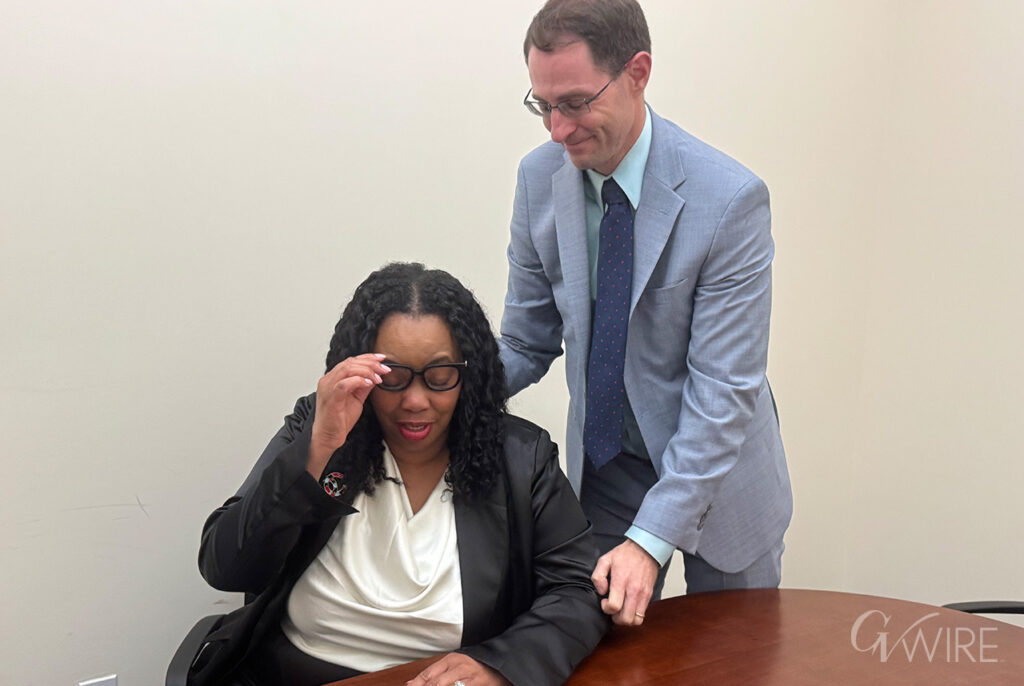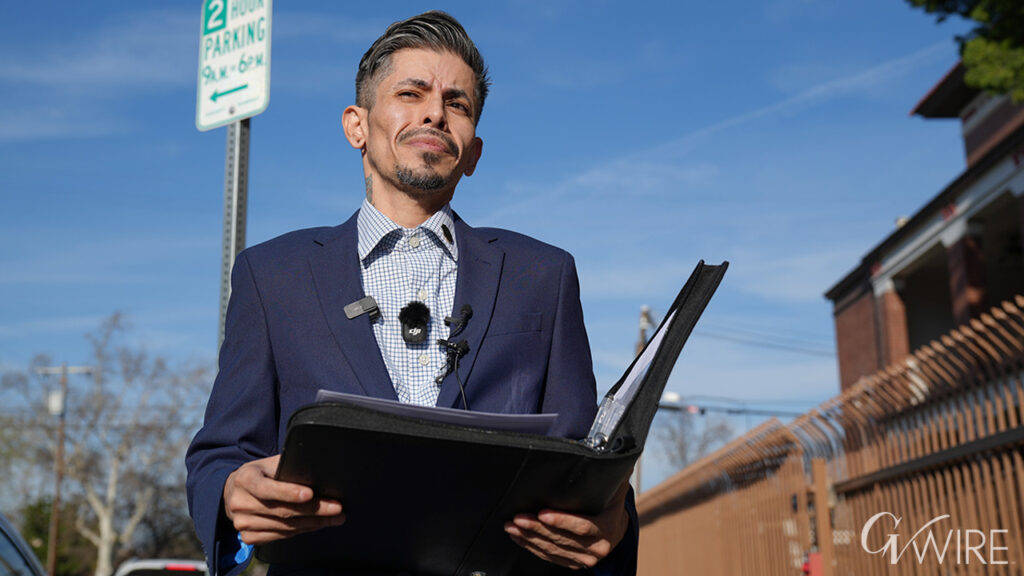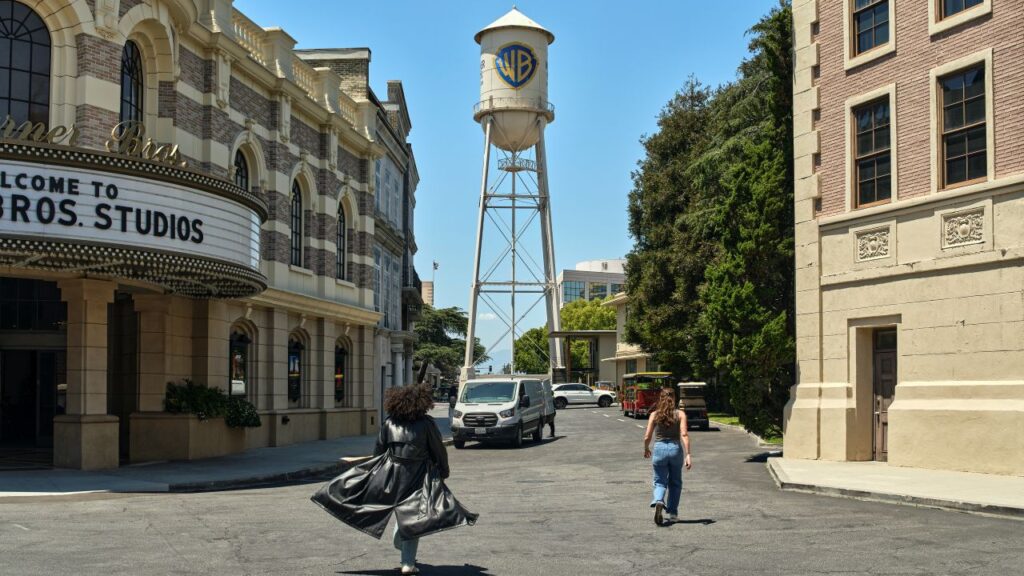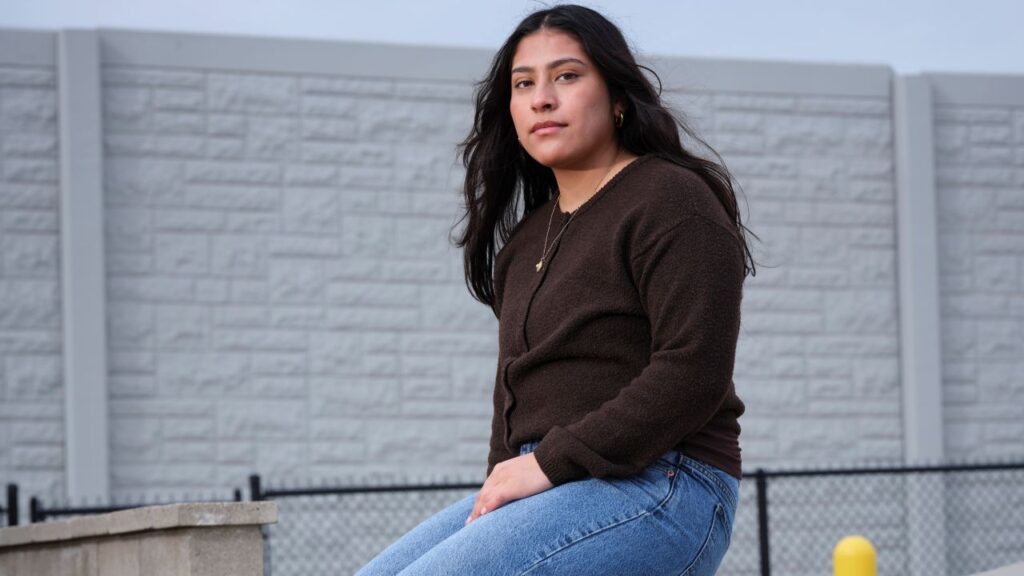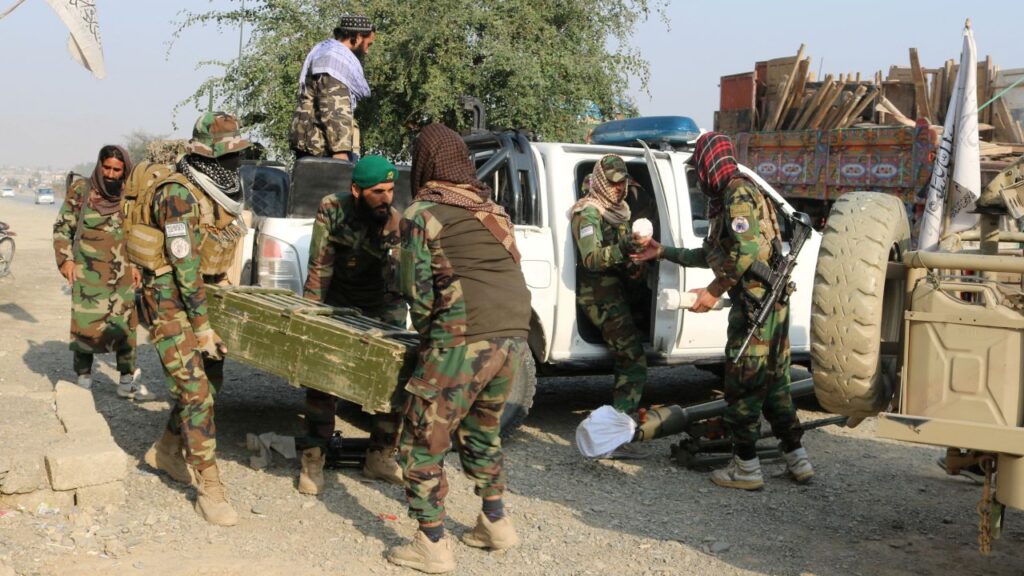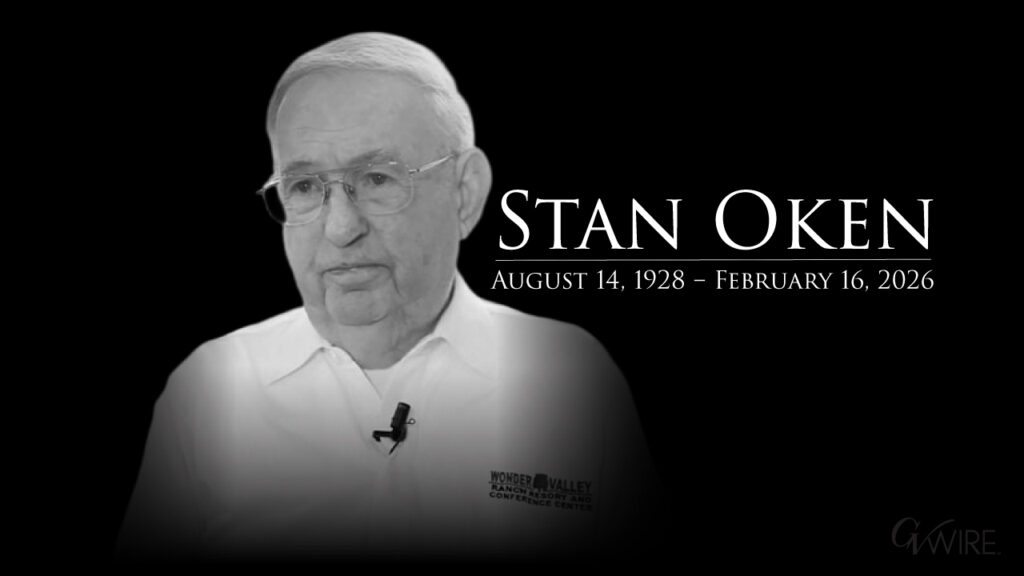Share
BEIRUT — Syrian Kurdish forces said Monday they are increasing security at prisons and detention facilities holding tens of thousands of Islamic State militants and supporters, including foreigners, following the death of the extremist group’s leader in a U.S. military raid.
The heightened security also comes as Kurdish forces said they are continuing operations to hunt down IS leaders in Syria. Hours after the raid that killed Abu Bakr al-Baghdadi in northwestern Syria, another attack based on Kurdish intelligence killed one of his aides and possible successors, Kurdish forces said.
If confirmed, the death of Abu Hassan al-Muhajir would be another blow to IS. U.S. officials had no immediate comment.
Forces from the Kurdish-led internal security agency were “on high alert” after al-Baghdadi’s death in anticipation of possible riots or attacks on the prisons and camps for displaced people in northeastern Syria where IS members or supporters are located, an official with the agency said.
One of the camps is home to 70,000 people, most of them relatives of the extremists. More than 10,000 prisoners, including 2,000 foreigners, are held in detention facilities in northeastern Syria.
Fear of chaos already was running high over the fate of those detained after this month’s Turkish military invasion of northeastern Syria, which ushered in major troop changes in the area. Turkey moved troops into areas along the border, while Syrian border guards were deployed in others.
al-Baghdadi’s Death Leaves IS Without an Obvious Leader
Kurdish officials had said they needed to divert fighters and logistics to the front line to ward off the Turkish offensive. A shaky cease-fire is in place and an agreement to redeploy Kurdish forces away from the borders.
News of al-Baghdadi’s death had not yet been formally announced to those in the camps on Monday, but many of them have telephones and news has most likely reached them.
President Donald Trump announced al-Baghdadi’s death in a nationally televised address from the White House on Sunday, saying he exploded his suicide vest while being pursued by U.S. troops.
His death left IS without an obvious leader — a major setback for a terror organization that in March was forced by U.S. and Kurdish forces out of the last portion of its self-declared “caliphate,” which once spanned parts of Iraq and Syria.
Later Sunday, Mazloum Abdi, the commander of the Syrian Kurdish-led forces, said his group’s intelligence cooperated with the U.S. military to target al-Muhajir in a village near Jarablus in northwestern Syria. It was part of ongoing operations to hunt down IS leaders, Abdi said.
The Britain-based Syrian Observatory for Human Rights also reported al-Muhajir’s death, saying he was traveling in a convoy made up of an oil tanker and a sedan. The bodies of those killed were badly burned and it wasn’t immediately clear how al-Muhajir’s identity was confirmed.

A Milestone in the Fight Against IS
The U.S. raid that killed al-Baghdadi, the shadowy leader of IS who presided over its global jihad and became one of the world’s most-wanted terrorists, took place just before midnight Saturday in Syria’s Idlib province.
It was a milestone in the fight against IS, which brutalized thousands of people in Syria and Iraq and sought to direct a global campaign from a self-declared “caliphate.” A military campaign by U.S. and allied forces led to the recapture of the territory the group held, but its violent ideology has continued to inspire attacks.
“More (IS figures) remain hiding in the area,” Bali said Sunday.
Little is known about al-Muhajir, who assumed the role of a spokesman after his predecessor was killed in a 2016 airstrike. Al-Muhajir is a nom-de-guerre that indicates he is a foreigner, and he also was believed to be a possible successor to al-Baghdadi.
Trump’s decision to pull back U.S. troops from northeastern Syria raised a storm of bipartisan criticism in Washington, including statements that the move could help IS regain strength after its territorial losses. It also was viewed as an abandonment of the only U.S. ally in Syria, the Kurdish-led forces, who fought IS for years with the U.S-led coalition.
Trump said the troop pullout “had nothing to do with this,” and said Kurdish forces were among the many sides cooperating in the al-Baghdadi operation. Both Iraqi and Kurdish officials claimed a role, and the Turkish military also tweeted that prior to the operation, it exchanged information and coordinated with U.S. military.
[activecampaign form=29]





